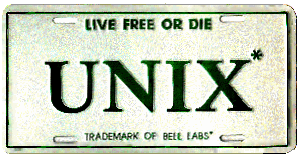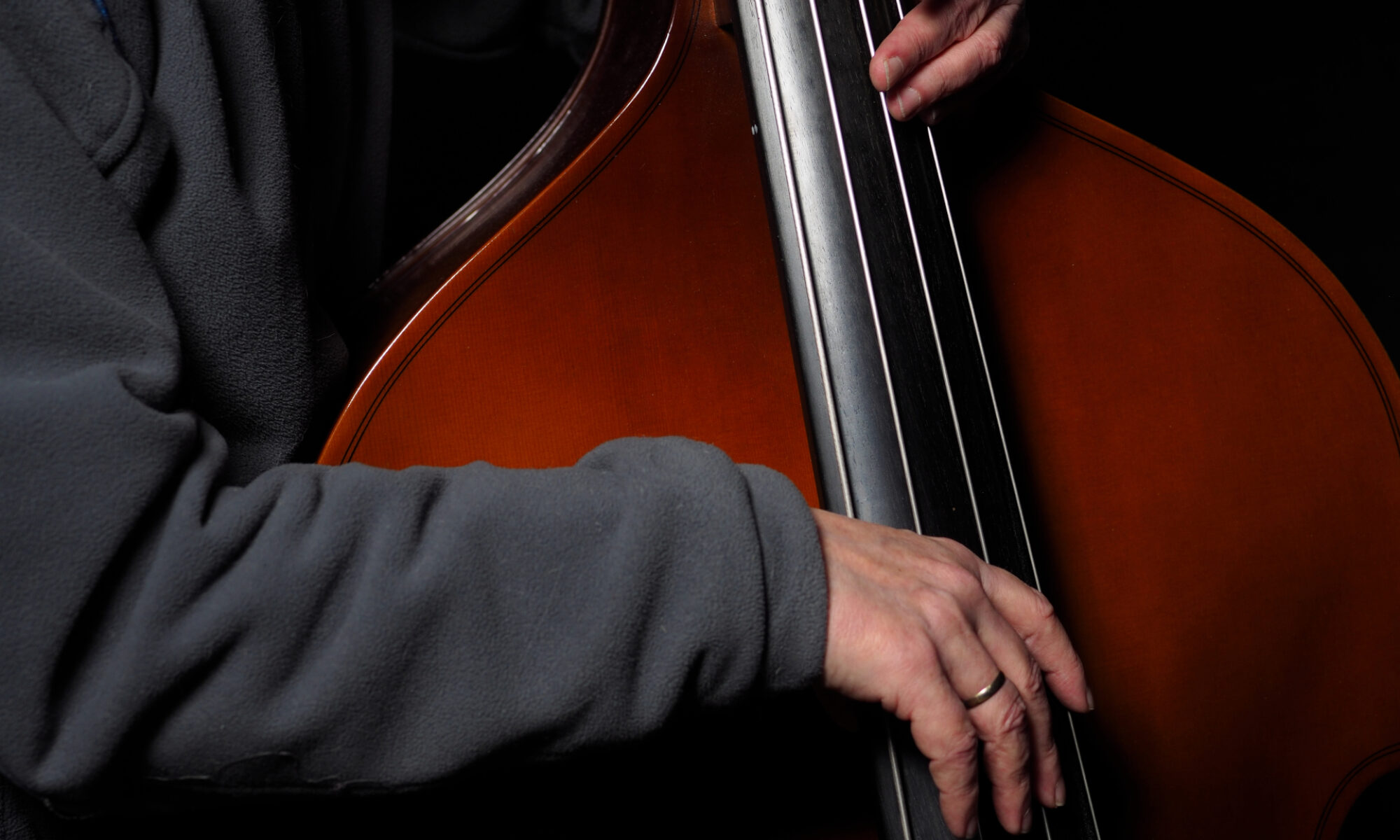Like the English Wikipedia with its “Featured articles“, the German one also has its “Artikel des Tages” on its start page – each day a different one. I love these, you learn a lot about the world with just looking (and reading if you’re interested of course).
And today’s featured article, or “Artikel des Tages” on the German Wikipedia is about BSD, the so-called “Berkeley Software Distribution” (I’ll link to the German pages here, for English just click inside of Wikipedia if you like).

BSD and its kernel are one of the two mainline free Unix kernels, the other one was/is System V. Both are monolithic, and both stem from the AT&T (later also Bell) labs. BSD was/is used in early and recent operating system versions from Apple, but after Steve Jobs left the company, he founded another one called “NeXT“, and used a microkernel called Mach which was developed at the Carnegie Mellon University (CMU) for his operating system NeXTStep. When Apple bought NeXT in 1996, part of the deal was that Steve Jobs should come back and become Apple’s CEO. What they developed then was/is known as macOS, and that’s today’s commercially most successful Unix variant for personal computers (actual version is “macOS Catalina“). And even iPhones and iPads (did I write that correctly?) are based on this architecture, tho the end user doesn’t see much of that.
BSD itself split up into three mainline “distributions”, or “flavours”, so to speak, named NetBSD, FreeBSD, and OpenBSD, each with slightly different goals but from the kernel side pretty much identical. These can also run programs compiled for Linux.
As for the Linux side: that’s younger than its BSD siblings, but older than anything with Mac in its name. I run Debian on my systems which is developed not by a company but by a team of volunteer developers (both hobbyists and employees of big companies) world-wide. The advantage of this is that decisions are based on team votings, and that the system cannot be bought and commercialized (or even be closed down) by any big company.
In case you’re interested in Debian’s history: 13 years ago after I met him at a Linuxtag meeting in Karlsruhe I email-interviewed Ian Murdock (the “-ian” part of “Debian”), and you can read that here on my site (RIP Ian, and thanks again for everything).
So much for a short history lesson, and about free software for today. As always, thanks for reading.
